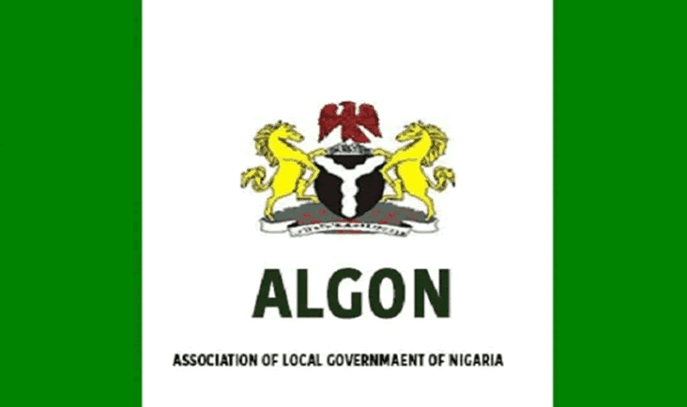The Association of Local Governments of Nigeria (ALGON) has voiced concerns over the proposed ₦62,000 minimum wage, warning that it could impose a significant financial burden on local councils. ALGON’s National President, Aminu Muazu-Maifata, stated that many of the 774 local government areas (LGAs) in Nigeria are already struggling to pay the current ₦30,000 minimum wage approved in 2019.
Speaking on Channels Television, Muazu-Maifata explained that with the current allocations from the Federation Account Allocation Committee (FAAC), it is infeasible for any local government council in Nigeria to meet the proposed ₦62,000 minimum wage. He highlighted that 90% of the funds received from FAAC are currently allocated to salaries and pensions.
“With the present allocation from FAAC, no local government council anywhere in Nigeria can be able to pay ₦62,000,” he stated. “Without an upward review of the percentage of allocation to local government councils, it will be extremely difficult or even impossible for them to pay the proposed minimum wage.”
Muazu-Maifata further elaborated that local governments receive just over 18% of the total FAAC distribution, while the federal government takes more than 52%. This disparity makes it challenging for councils to meet even the existing wage obligations, with some still paying the old ₦18,000 minimum wage.
He pointed out that if the new wage law is approved, local governments would have to seek additional financial support from state governors and the Federal Government to meet their payroll needs. “We will have to run to our principals, the governors, and the Federal Government to augment whatever will be accrued to local government councils from the Federation Account,” he said.
Muazu-Maifata, who is also the chairman of Lafia Local Government in Nasarawa State, emphasized that local councils have multiple responsibilities beyond paying salaries, and these should be considered when determining an affordable and sustainable minimum wage.


